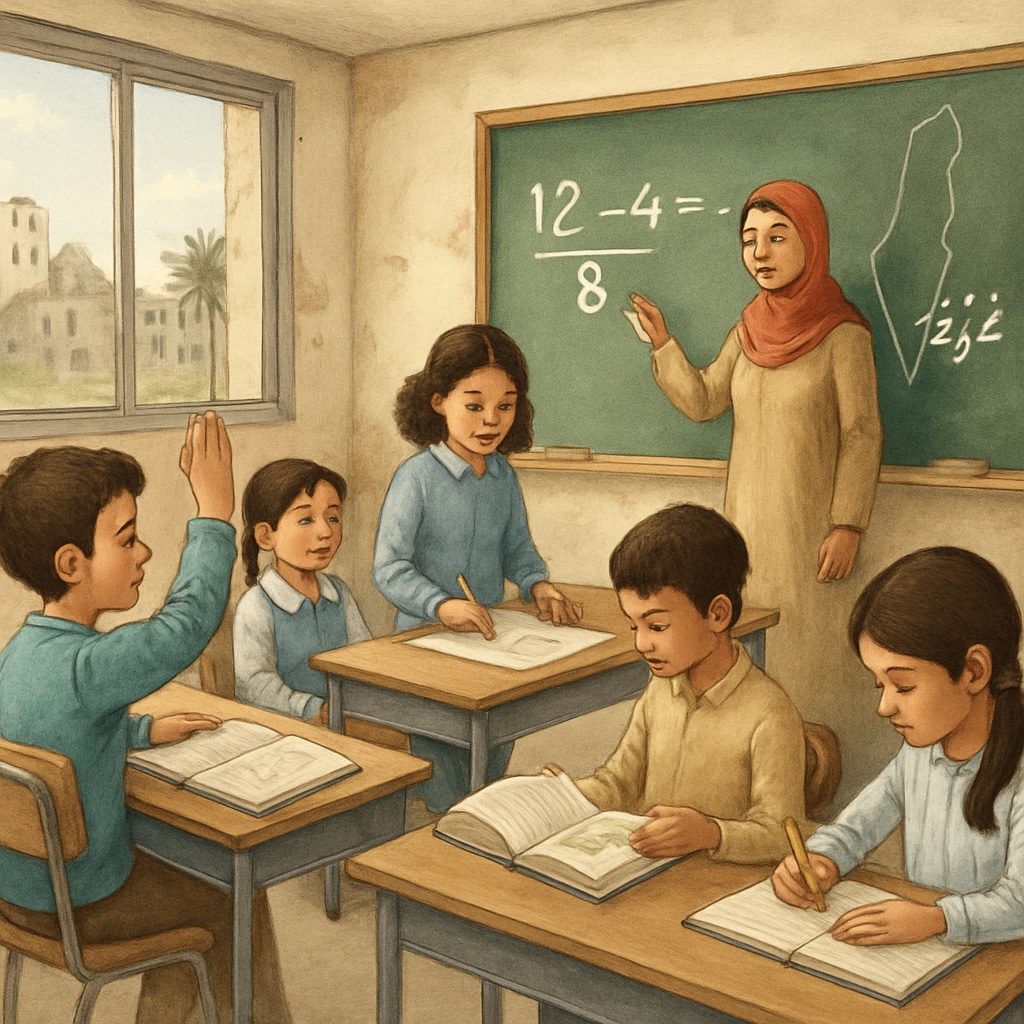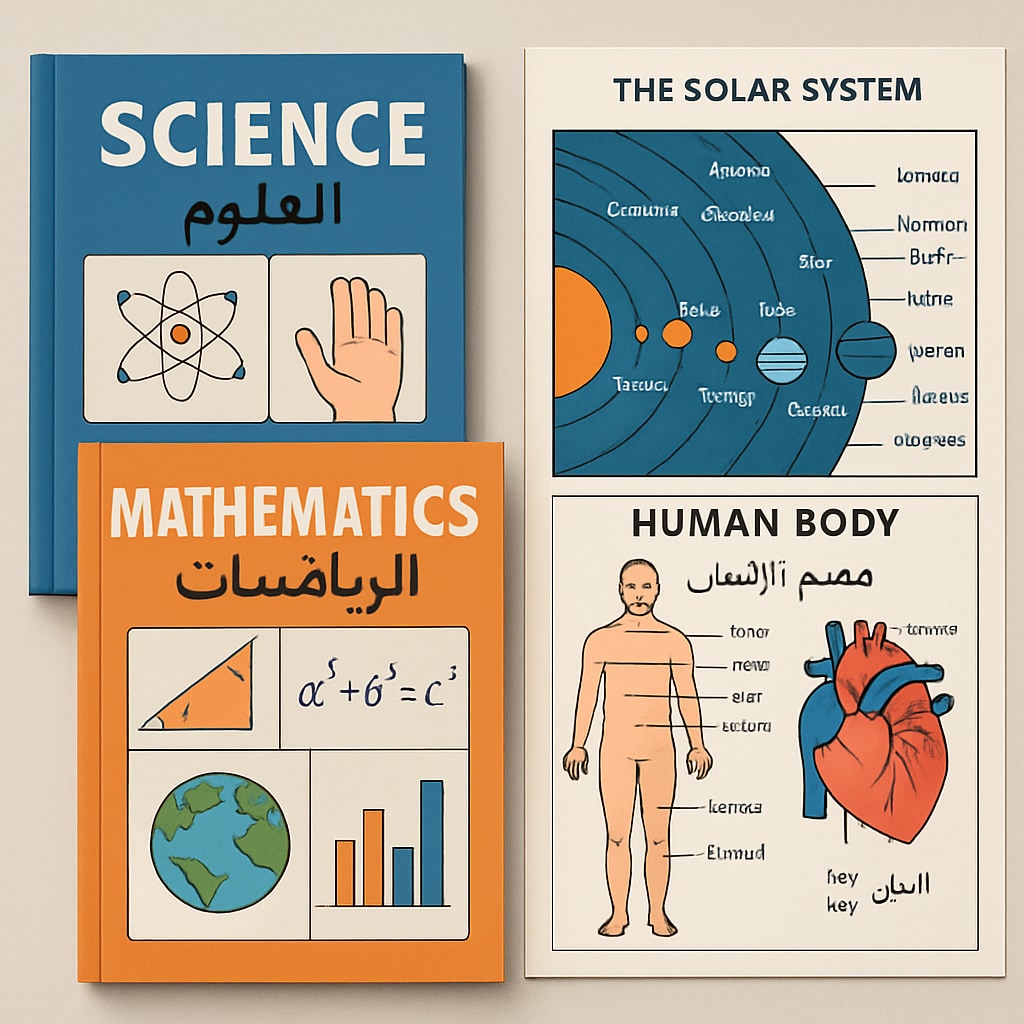Rebuilding the education system in post-conflict Gaza is both a challenge and an opportunity. Designing effective teaching frameworks, particularly for science and social studies curricula, is crucial for fostering peace, respect, and progress. A well-constructed curriculum can bridge cultural values with global educational standards, ensuring students are equipped with the skills to thrive in a complex world. How can we achieve this balance while addressing the unique needs of Gaza schools?
Challenges in Building Curricula for Gaza Schools
Designing science and social studies curricula for Gaza schools requires addressing several challenges. First, the region’s geopolitical situation has disrupted infrastructure and resources, making consistent education delivery difficult. Second, educators must consider the psychological impact of conflict on students, requiring curricula that are both academically enriching and emotionally supportive. Third, Gaza’s cultural and religious values must be reflected in the curriculum without compromising international educational standards.
For example, science education must align with global advancements while being sensitive to local beliefs. Social studies, on the other hand, must emphasize peaceful coexistence, critical thinking, and historical accuracy without inflaming existing tensions. Addressing these challenges calls for collaboration between local educators, international experts, and policymakers.

Principles for Designing Science and Social Studies Curricula
Effective curriculum design for Gaza schools should adhere to key principles:
- Cultural Sensitivity: Incorporate local traditions and values into content while fostering tolerance and understanding of global perspectives.
- Promoting Critical Thinking: Encourage inquiry-based learning in science and discussions in social studies to develop problem-solving skills.
- Psychological Support: Include activities and lessons that build emotional resilience, such as collaborative projects and storytelling.
- Global Standards: Align curricula with international benchmarks to ensure students can compete in higher education and the global workforce.
For instance, a science lesson may explore environmental challenges specific to the region, while a social studies unit might focus on historical events that emphasize unity and cooperation.

Opportunities for Education Reconstruction
Despite the challenges, rebuilding Gaza’s education system presents unique opportunities. International organizations and donors can support curriculum development by providing funding and expertise. Promoting bilingual education (Arabic and English) can open doors for global communication and learning. Furthermore, integrating technology into classrooms can offer students access to interactive resources and virtual learning experiences.
Collaborative efforts can also include teacher training programs that equip educators with modern pedagogical skills. As a result, both science and social studies curricula can evolve to address local needs while preparing students for a globalized future.
In conclusion, the reconstruction of Gaza’s education system is an essential step toward recovery and resilience. By balancing cultural respect with international educational standards, science and social studies curricula can play a pivotal role in shaping a generation that values peace and progress.
Readability guidance: Use concise paragraphs and lists to organize key ideas. Ensure smooth transitions with phrases like “for example” and “as a result.” Limit passive voice and focus on clear, active sentences to maintain reader engagement while addressing complex topics.


